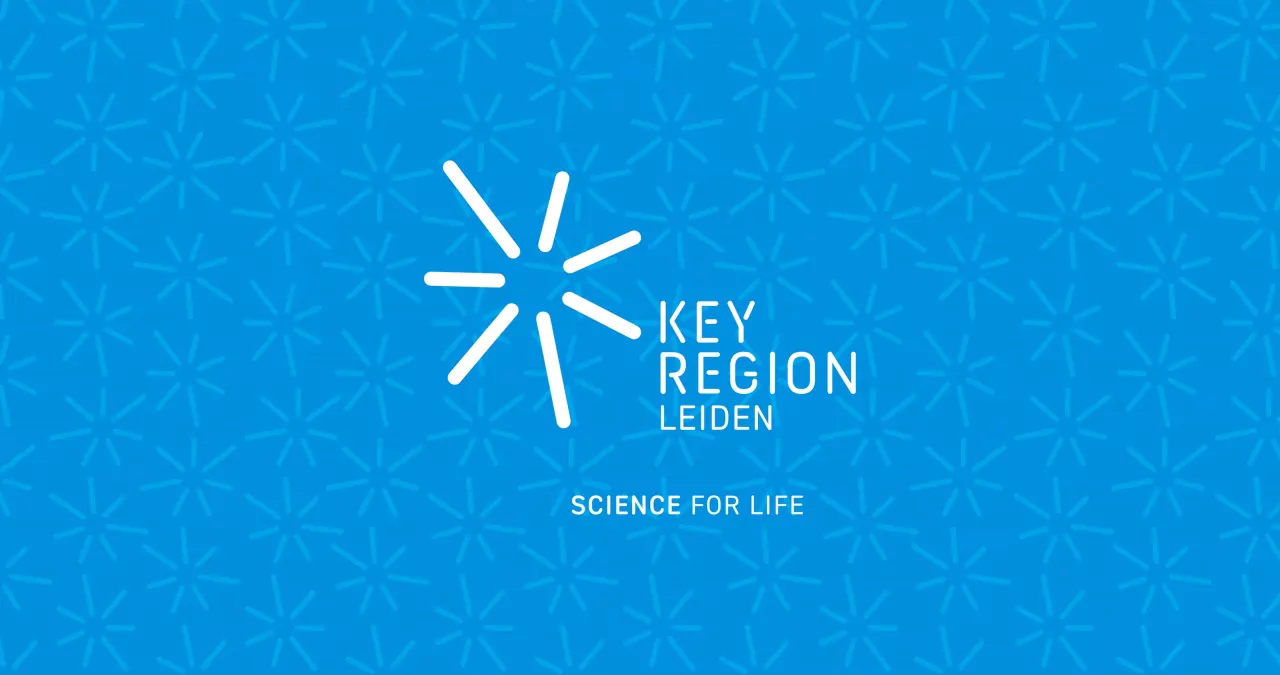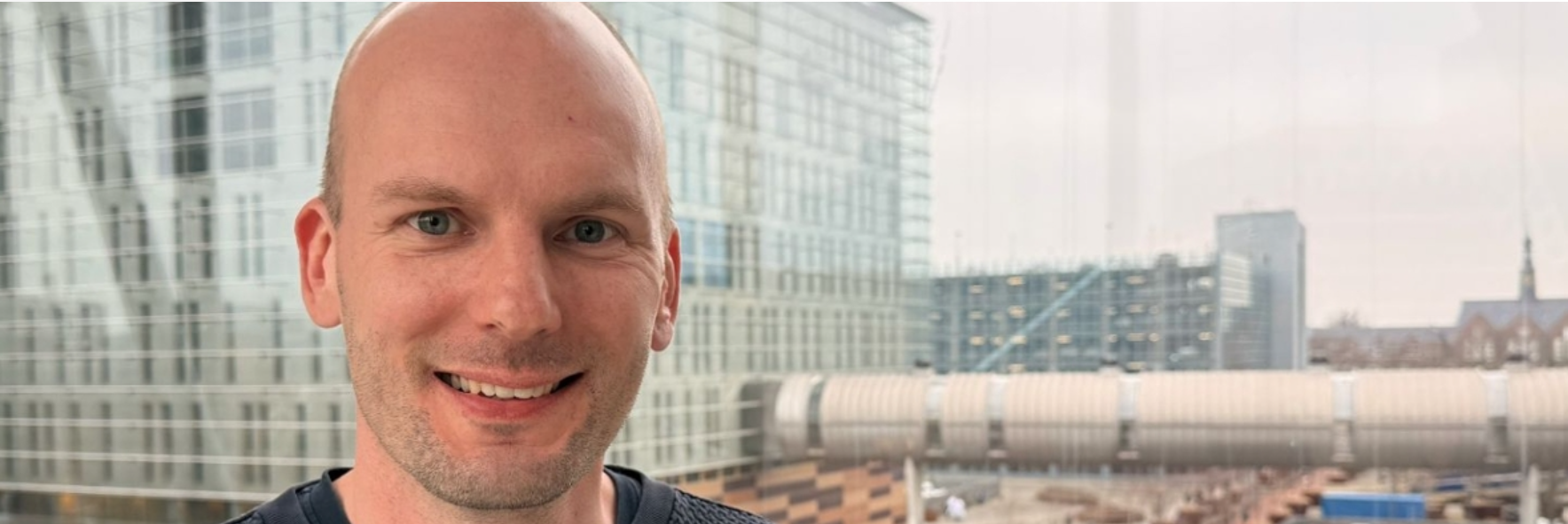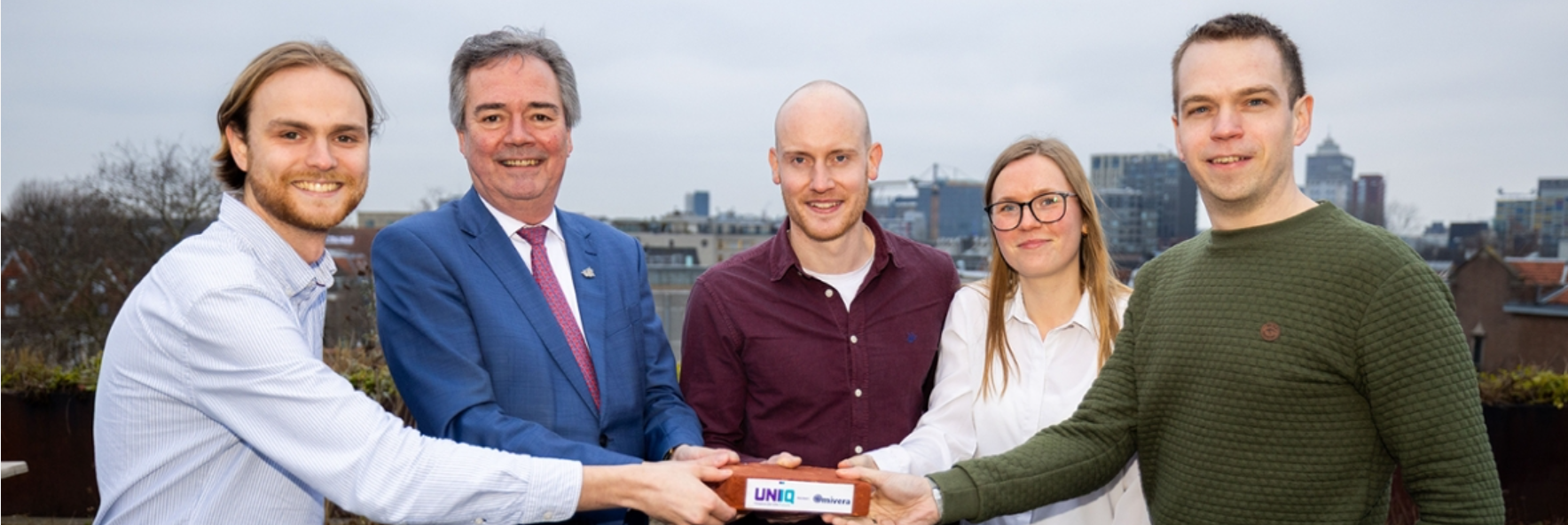23 OCT 2025 10:57 Rathenau Institute – Most scientists remain in the Netherlands or return after some time. This is shown in the report Honkvast, uit of homerun, published today by the Rathenau Institute. Between 2008 and 2023, only 14% of scientists left the Netherlands. Of those, a quarter returned after a few years.
It also appears that more scientists permanently move to the Netherlands than leave. Between 2008 and 2023, 11% more scientists came to the Netherlands than departed. For the technical sciences, this percentage is even 40%.
The United States, Germany, and the United Kingdom are important exchange countries, in both directions. From emerging economies such as China, more scientists come to the Netherlands than leave for those countries.
The quality of inflow and outflow seems to be balanced. In other words, it is generally not the case that top scientists leave the country while less qualified researchers replace them.
The Rathenau Institute sees no signs that the broader recognition and appreciation of scientists in the Netherlands or the move toward open science has had an impact. Some policymakers and opinion leaders had feared such an effect. It is still too early to assess the impact of more recent developments, such as the budget cuts under the Schoof cabinet, the Internationalization in Balance Act, and the geopolitical unrest of the past year.
The Rathenau Institute will organize workshops in the near future to provide context and to learn how scientific institutions and policymakers are responding to changes in the knowledge landscape. “This way, we keep a finger on the pulse, share our insights, and feed the conversation on international mobility,” said Eefje Cuppen, director of the Rathenau Institute.
Methodology
The Rathenau Institute conducted the research at the request of the Ministry of Education, Culture and Science. For the analysis, the institute used publicly available address data provided by scientists in their publications. Using this information, together with the Centre for Science and Technology Studies at Leiden University, the institute created a profile for each scientist. Data were available from 2008 through 2023. A scientist was counted if they had published at least once in 2023, indicating that they were active. Additionally, the scientist must have published for at least one full year from a Dutch institution between 2008 and 2023, signaling that the visit was not transient. This resulted in a dataset of 62,000 scientists. The Rathenau Institute emphasizes that this is an overview study and that significant fluctuations may exist, for example at the research group level.
About the Rathenau Institute
For nearly forty years, the Rathenau Institute has conducted research and fostered debate on the impact of science, technology, and innovation on society.



